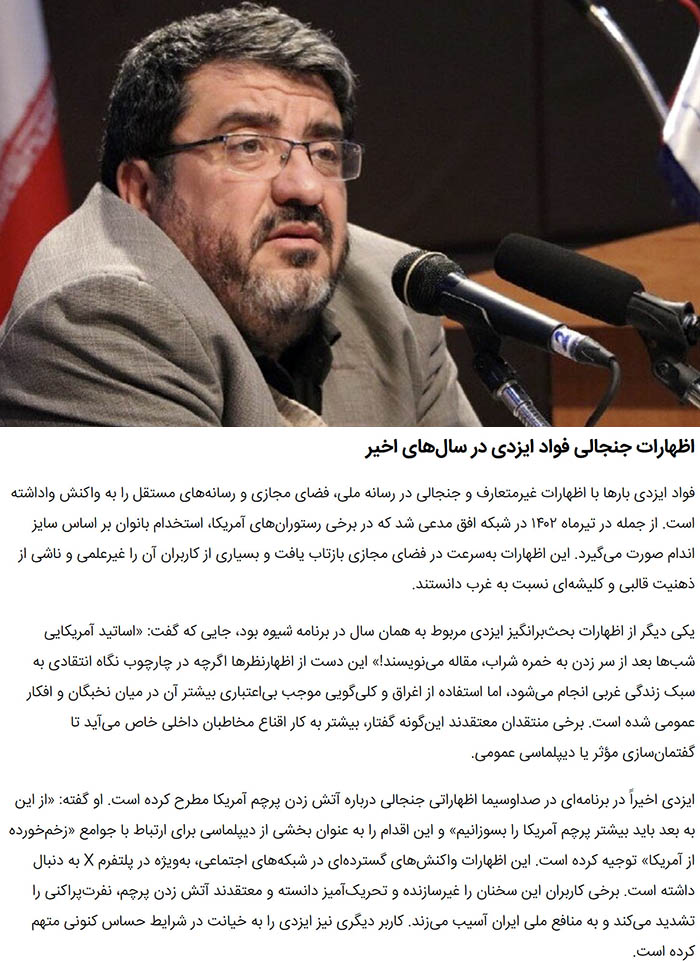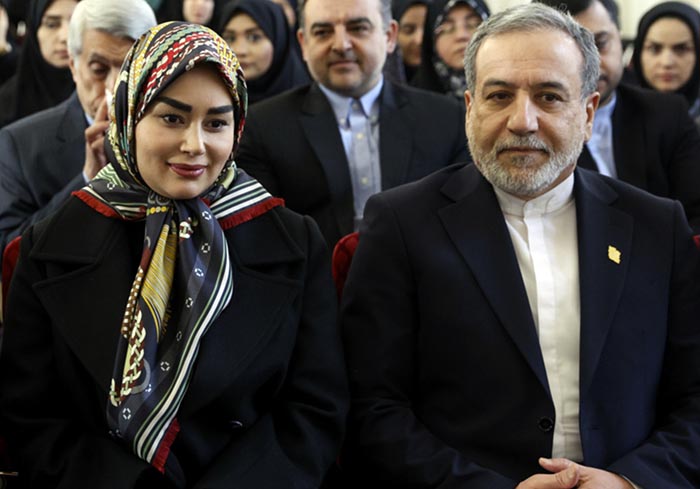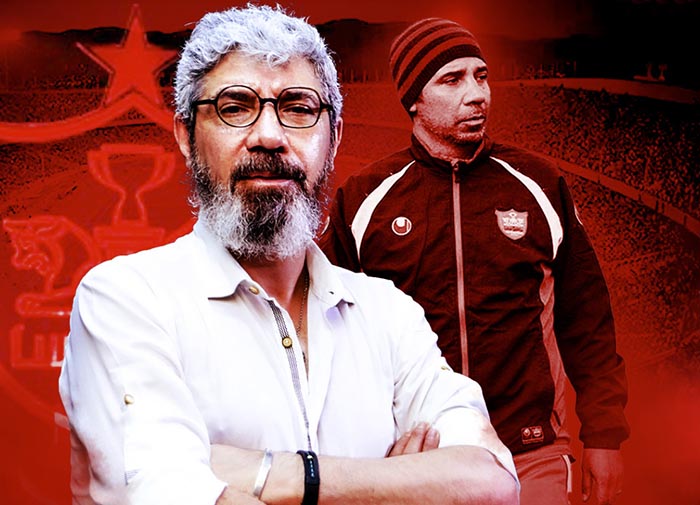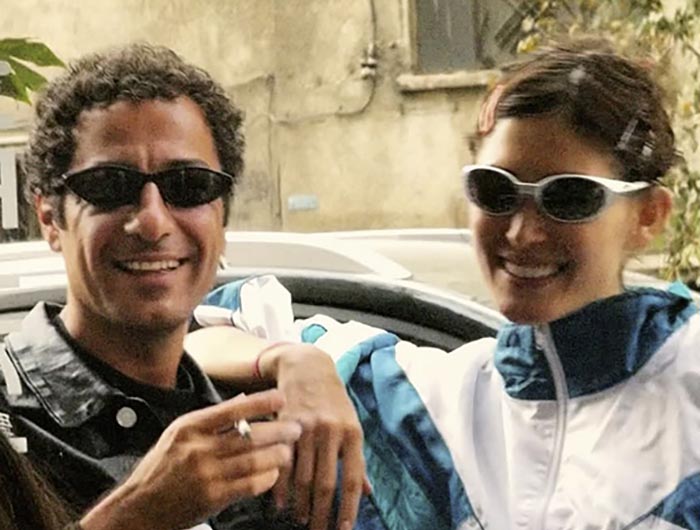Who is Fouad Izadi? Unpacking the Background and Controversies of the Broadcasting Corporation
Fouad Izadi and Public Diplomacy: A Contradictory Approach?
The fact that Fouad Izadi has written books and articles in the field of public diplomacy is another interesting point. Public diplomacy, broadly defined, involves a country’s efforts to communicate directly with foreign publics to establish a dialogue designed to inform and influence them. It often aims to build understanding and positive relationships.
Given his role as a harsh critic of the West and his controversial statements, Izadi’s approach in the media seems to contradict the principles of traditional public diplomacy, which typically emphasizes building bridges and fostering mutual understanding. His rhetoric, often seen as inflammatory and based on generalizations, is more likely to alienate rather than engage foreign publics, particularly in the West.
Perhaps his understanding of “public diplomacy” is framed within a different context – one focused on mobilizing domestic support through a strong anti-Western narrative, or perhaps aiming to influence specific segments of foreign populations who are already critical of Western policies. However, from a conventional perspective, his public pronouncements appear to be counterproductive to building positive international relations.
This raises questions about the nature of “public diplomacy” as practiced or advocated by individuals like Izadi within the Iranian context. Is it about genuine engagement, or is it primarily a tool for internal political messaging and reinforcing existing ideological divides?
The Impact on IRIB’s Credibility: When Experts Become Advocates
Fouad Izadi’s prominent role on the Iranian Broadcasting Corporation (IRIB) and the controversies surrounding his statements and affiliations have significant implications for the credibility of the state media itself. IRIB is often criticized for being a mouthpiece for the government and lacking impartiality. The consistent presence of experts like Izadi, whose analyses are perceived as heavily aligned with specific political factions and ideological viewpoints, reinforces this perception.
When an “expert” on a program designed for public discussion appears to be acting as an advocate for a particular political candidate or viewpoint, it erodes the public’s trust in the neutrality of the information being presented. The incident during the presidential election roundtable, where Izadi’s question to Saeed Jalili was widely seen as promotional, is a prime example of how the line between expert analysis and political advocacy can become dangerously blurred on state media.
This blurring of lines can have several negative consequences:
- Reduced Public Trust: Audiences may become skeptical of the information presented on IRIB, questioning its objectivity and reliability.
- Polarization: Presenting analysis that is heavily biased towards one political viewpoint can contribute to political polarization within society.
- Limited Discourse: When experts are perceived as advocates, it can stifle genuine critical discussion and limit the range of perspectives presented on important issues.
- Damage to the Reputation of Experts: The association with biased media platforms can damage the reputation of academics and experts who participate, making it difficult for them to be seen as independent voices.
The case of Fouad Izadi highlights the challenges faced by state media in maintaining credibility when featuring individuals whose public personas and affiliations are perceived as heavily intertwined with specific political agendas.
The Significance of “Tech Neck” and Other Modern Concerns in Neck Aging
While the provided article primarily focuses on the biological reasons for accelerated neck aging and traditional skincare tips, it briefly mentions the concept of “tech neck” lines. This modern phenomenon underscores how lifestyle habits can significantly impact the aging process of the neck.
The act of constantly looking down at smartphones, tablets, and computers creates repetitive folding of the skin on the neck, leading to the formation and deepening of horizontal lines. This, combined with the natural loss of collagen and elastin, can accelerate the visible signs of aging in this area.
Beyond “tech neck,” other modern lifestyle factors can also contribute:
- Poor Sleep Posture: Sleeping in positions that repeatedly fold or compress the neck skin can contribute to wrinkles over time.
- Environmental Pollution: Exposure to pollutants can generate free radicals, contributing to premature skin aging.
- Stress: Chronic stress can have negative impacts on overall skin health and its ability to repair itself.
More stories
Transport Motorbike Training: Empowering Women Through Safe Riding Education
Introduction In recent years, Iran has experienced a transformative shift in its transportation landscape, driven by urbanization, economic development, and … Continue reading ➝
Peyman Maadi and Daughter Baran Maadi Shine at the 22nd Marrakech International Film Festival
Introduction The 22nd Marrakech International Film Festival (MIFF) took place in the vibrant city of Marrakech, Morocco, from December 4 … Continue reading ➝
The Exclusive Sight: Abbas Araqchi with His Young Wife at a Women’s Ceremony
Introduction In the complex world of Iranian politics and diplomacy, moments that blend personal life with public appearances often become … Continue reading ➝
Mojtaba Moharrami: The Football Legend and His Controversial Shah Pahlavi Signature Tattoo
Introduction Mojtaba Moharrami, renowned former Iranian football star, has recently become the center of social media buzz and public discourse … Continue reading ➝
Fereshteh Hosseini and Navid Mohammadzadeh’s Stunning New Photos Abroad: A Deep Dive into Their International Presence
Introduction In recent months, the popular Iranian actress Fereshteh Hosseini and acclaimed Iranian actor Navid Mohammadzadeh have made headlines worldwide … Continue reading ➝





